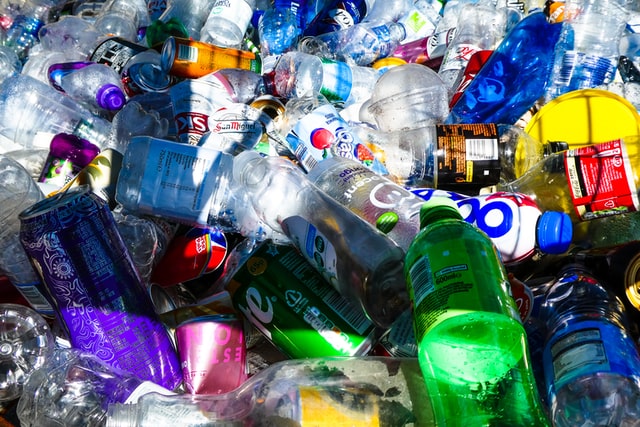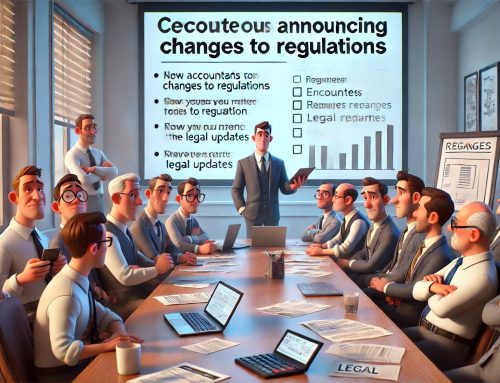August 3, 2022
This year, on April 1, 2022, a tax on plastic packaging went into force as a type of environmental taxation. Professionals can think about the effects of earlier taxes, such the sugar tax, to assess if the plastic packaging tax will be successful in generating demand for more sustainable items.
2018 saw the introduction of a tax on soft drinks with more than 5g of sugar per 100ml by the government. As a result, the sugar content in soft drinks dramatically decreased. In reality, households consumed beverages with 10% less sugar in the first year that this was in force, according to a study by the University of Cambridge.
This shows that the plastic packaging tax will be equally effective in persuading importers and producers to use fewer non-recyclable materials. Here is a closer look at the taxation and the businesses it is most likely to impact.
What is the objective of the tax on plastic packaging?
Companies who produce or import packaging comprised of less than 30% recycled plastic are subject to the UK plastic packaging tax. The usual tax rate for plastic packaging is £200 per tonne.
This holds true for all plastic packaging, whether it is used by businesses or by customers. Consumer single-use plastics, such as disposable cutlery and plastic coffee cups, are equal to plastic packaging used in the supply chain, such as bubble wrap and packaging peanuts.
The taxes will lessen the amount of pure virgin plastic products that end up in landfills. Additionally, it will motivate companies to develop sustainable alternatives, such as developing inventive cosmetic containers and recyclable food packaging, and lessen the amount of waste that is burned to produce electricity.
Taxes on plastic packaging will encourage a variety of players in the packaging sector. First and foremost, producers and importers of plastic packaging who produce more than 10 tonnes annually may be subject to fees.
Businesses who buy plastic packaging may be impacted by the tariff in addition to makers and importers. Packaging purchasers and new product managers should maintain track of their purchases in order to avoid any unforeseen fees, and they should think about purchasing from businesses that prioritize recycled plastics.
This can lead to an increase in the industry’s need for plastics comprised of recyclable materials.
In reality, it is predicted that the tax will result in a 40% rise in demand for environmentally friendly plastic packaging, resulting in a reduction of 200,000 tonnes of carbon dioxide in 2022–2023.
Governmental organizations will continue to track the usage of plastic packaging in the upcoming months, but the effects of the plastic packaging tax are yet unclear. However, since there is a clear market for environmentally friendly plastic goods, businesses and package buyers have the chance to put the environment first.
Source: EU Business News
Legal Notice: The information in this article is intended for information purposes only. It is not intended for professional information purposes specific to a person or an institution. Every institution has different requirements because of its own circumstances even though they bear a resemblance to each other. Consequently, it is your interest to consult on an expert before taking a decision based on information stated in this article and putting into practice. Neither Karen Audit nor related person or institutions are not responsible for any damages or losses that might occur in consequence of the use of the information in this article by private or formal, real or legal person and institutions.






